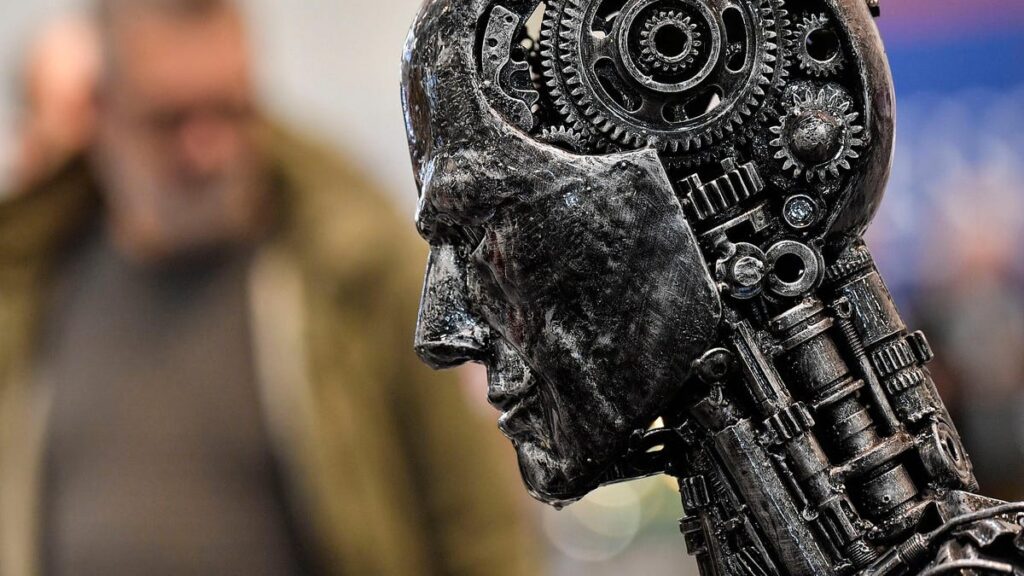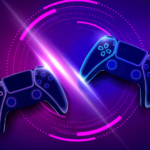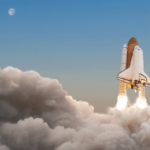How likely is it that a machine with artificial intelligence can patent its own inventions? US federal judges did not take into account the broader implications of that question. A US court ruled Thursday that yes, technically, the law allows only “natural persons” to be credited as inventors (via Bloomberg) after the US Patent and Trademark Office (USPTO) ruled this in April 2020.

This direction is not shared by every country. Australia and South Africa went the other way, granting a patent to AI researcher Steven Thaler and reinstating a second patent application filed by Thaler, whose AI system DABUS might have come up with a flashing light and a food container. It’s also Thaler who sued the United States in this case – he belongs to a group called The Artificial Inventor Project that advocates for AI recognition all over the world.
At the bottom of this post you can read US’s complete decision against Thaler. It’s surprisingly simple when you break it down:
- Inventors must be “individuals” according to US Patent Act
- There have been previous legal decisions stating that “individuals” must be human beings (and not companies).
- By its context, the Patent Act is also pretty clear that it refers to people
- Artificial intelligence is not the same as people
In the USPTO’s case, however, the USPTO already outlined its full reasoning for sticking to the status quo in April – which, by the way, the court can overrule if it’s arbitrary, capricious, or obviously illegal. Before making its ruling, the Commission also asked the public for comments.

According to the US District Judge Leonie Brinkema,
“There may come a time when artificial intelligence reaches a level of sophistication such that it might satisfy accepted meanings of inventorship. But that time has not yet arrived, and, if it does, it will be up to Congress to decide how, if at all, it wants to expand the scope of patent law.”




